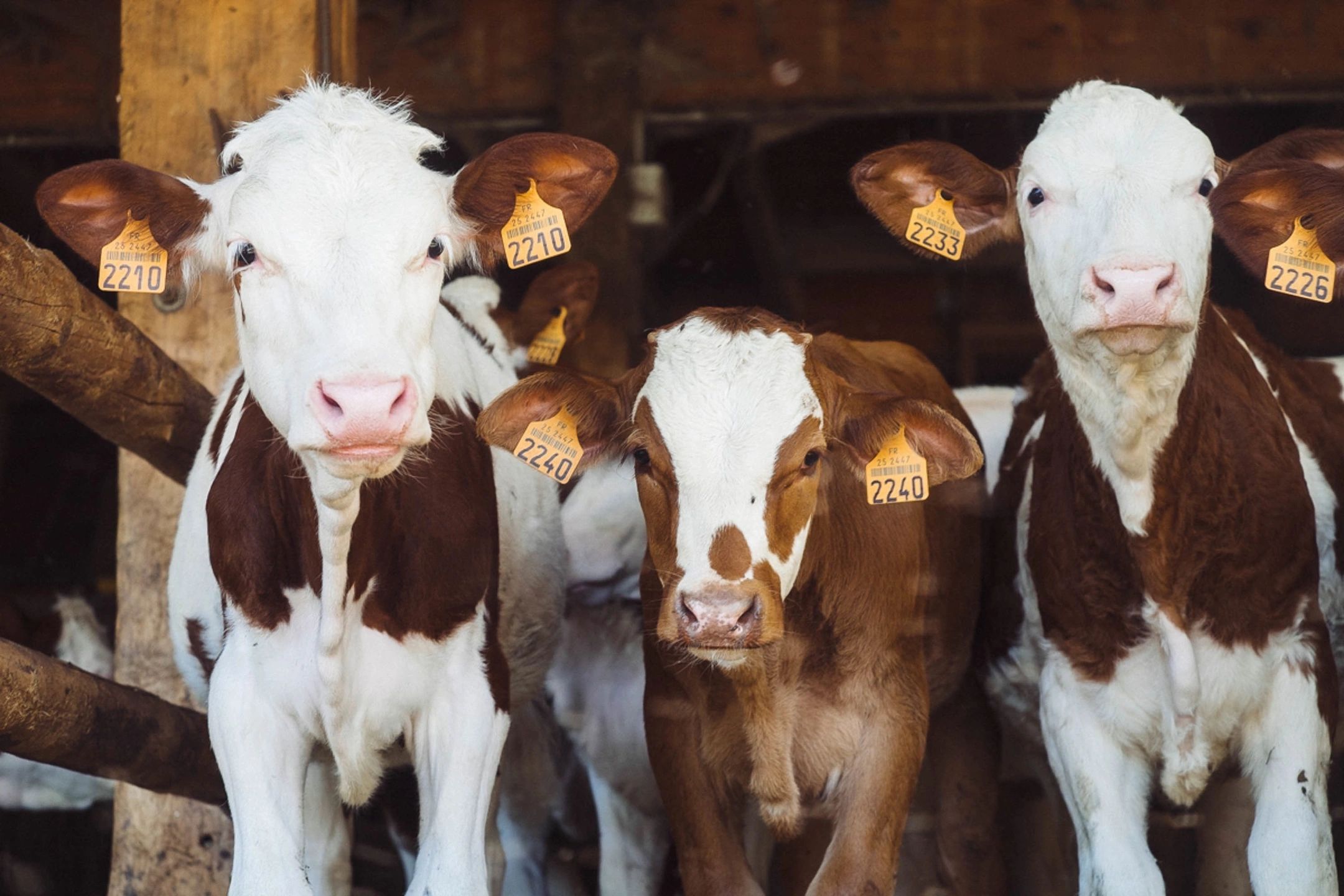In Response to Avian Flu Outbreak, U.S. and Canadian Officials Increase Milk Safety Measures”
Following an outbreak of avian flu among U.S. dairy cattle, federal authorities in both Canada and the U.S. are intensifying efforts to ensure the safety of milk sold in stores. The focus is on verifying the effectiveness of pasteurization and other food safety protocols.
Cattle infected with H5N1 in the U.S. have been found to produce milk with abnormal characteristics such as increased thickness and a yellowish hue. This marks the first documented occurrence of this strain of H5N1 in dairy cattle, with cases confirmed across several U.S. states.
Further investigations by veterinarians have revealed the presence of the virus in the lungs of a U.S. dairy cow, even though the animal showed no symptoms and came from an affected herd. Importantly, this cow did not enter the food supply chain.
Concerns have been raised by Canadian officials about the potential for genetic mutations as the virus spills over into livestock. Such mutations could enhance the virus’s ability to infect mammals, including humans, especially if infections in cattle are mild or asymptomatic and therefore go unnoticed with minimal infection control measures.
In response to these developments, both U.S. and Canadian authorities have implemented surveillance measures for milk sold in stores to ensure it is free from any traces of the virus. Early findings from the U.S. Food and Drug Administration indicate that pasteurization effectively neutralizes H5N1, providing reassurance regarding the safety of dairy products.
In both Canada and the U.S., surveys indicate that approximately three percent of individuals have consumed raw milk, alternatively referred to as unpasteurized milk.
Health authorities in Canada, the U.S., and other nations strongly advise against the consumption of raw milk, particularly in regions where avian flu outbreaks have been reported on farms, as stated by the World Health Organization.
The consumption of unpasteurized milk is linked to a higher risk of severe illness, particularly among vulnerable groups such as children and individuals with compromised immune systems, including pregnant women and older adults.



